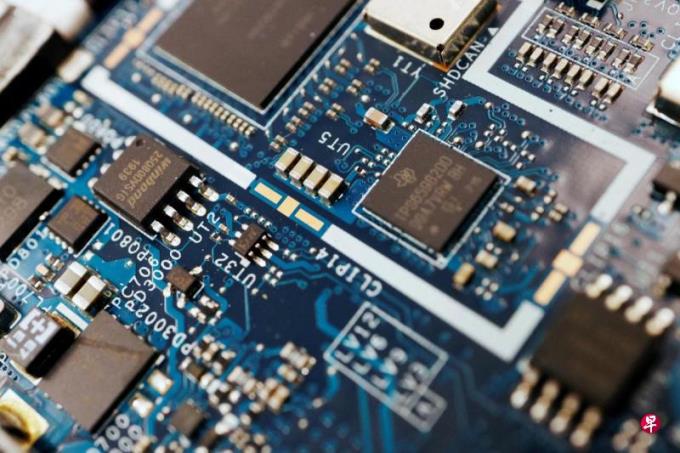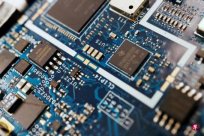
(London Comprehensive News) People familiar with the matter revealed that although Beijing was concerned about the threat to retaliated with Japanese companies, Tokyo had already reached an agreement with Washington to restrict the technology export of the chip industry in China.
Financial Times Tuesday (September 17) quoted Washington and Tokyo insiders reported that the negotiations between the United States and Japan were close to a breakthrough, but Japanese officials warned that because they were worried that China would take revenge, the situation was still "quite fragile."" ".
In recent months, the US Biden government has frequently negotiated with Japanese and Dutch officials, and aims to establish a complementary export control system to ensure that Japanese -Dutch companies are not affected by US export restrictions.
The White House plans to announce new export control measures before the presidential election, including requiring non -US companies to apply for licenses when selling technology products to China.
People familiar with the matter said that the Japanese government is worried that if the US export control regulations are adopted, China may block the exports of key minerals and graphite.
Bloomberg reported on September 2 that sources reported that China officially warned Japan that if further restrictions on selling chip manufacturing equipment to Chinese companies, they will face China's economic retaliation, including the supply of key minerals required for Japanese automobile production.
The Dutch government announced on September 10 that the Dutch semiconductor equipment manufacturing giant ASML (A href = "About:/Realtime/China/Story20240911-4690920" target = _blaank> need to get an export license Only by providing spare parts and software updates for computer chip manufacturing equipment that the company had previously sold to Chinese customers.
These devices include the Dutch government on September 6 that they were in export control list 1970i and 1980i.DUV (deep ultraviolet) immersion light carvings.
U.S. officials reported to go to Japan and the Netherlands in June this year, asking the two governments to implement new control measures for the Chinese semiconductor industry, including restricting the capacity of high -end storage chips required for Chinese production artificial intelligence.The Chinese Ministry of Foreign Affairs criticized the United States as "it seriously hindered the development of the global semiconductor industry, and eventually it would fight against itself and harm others."



